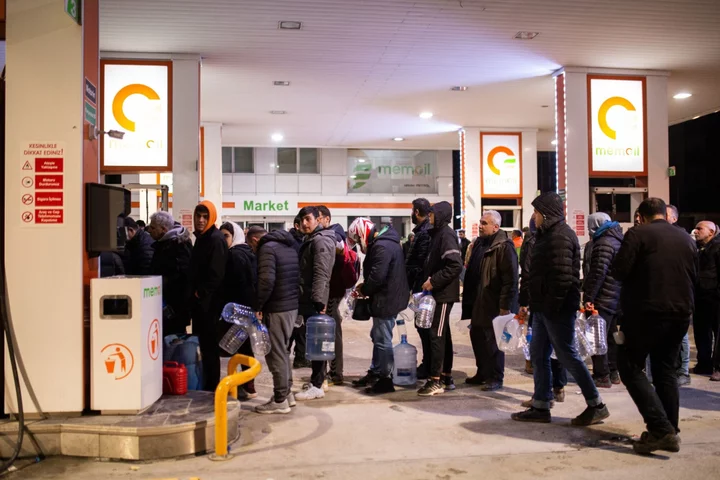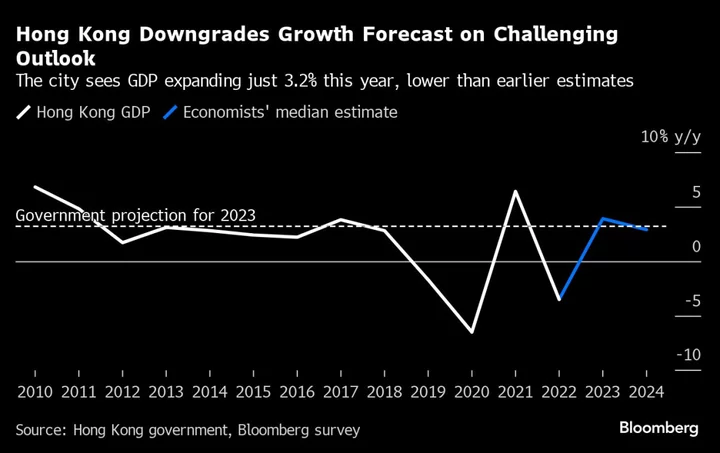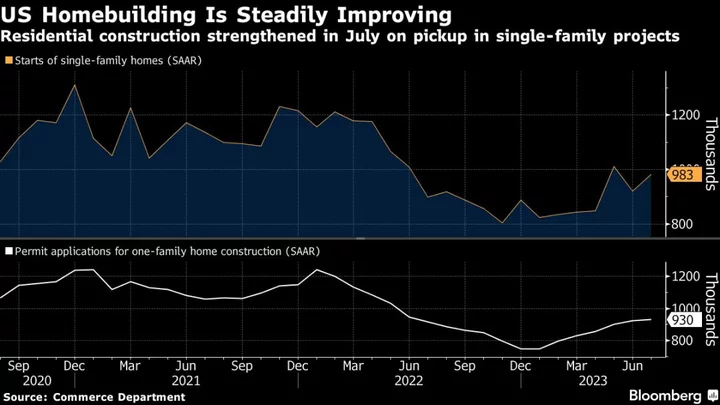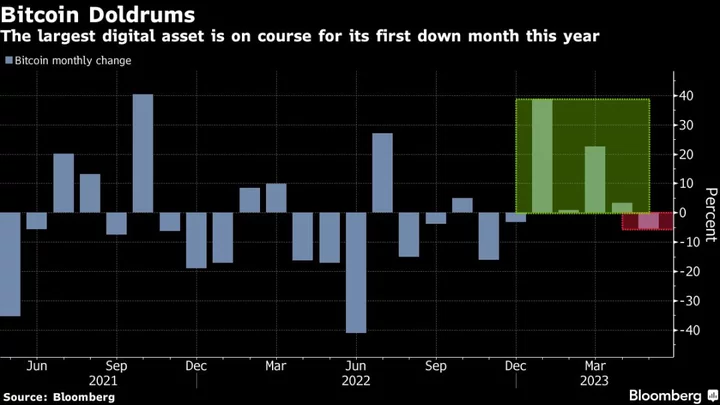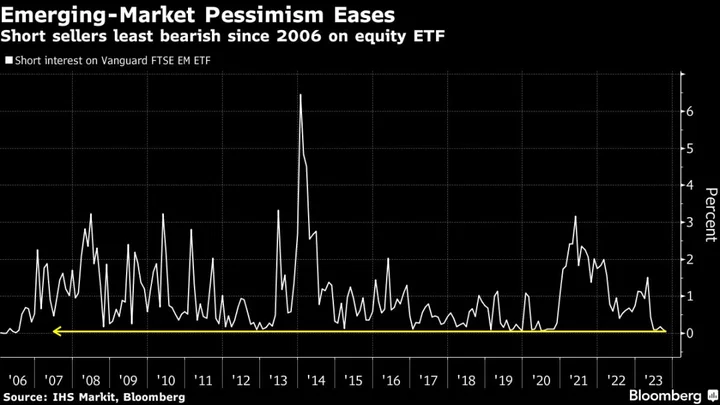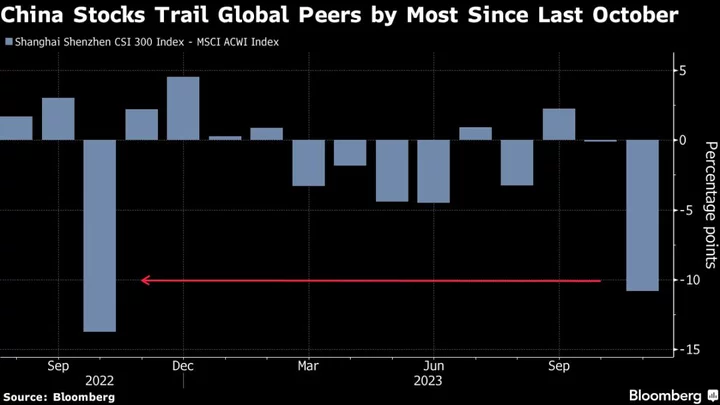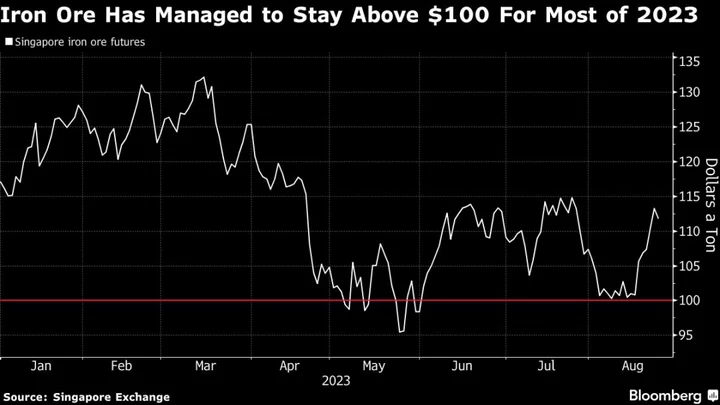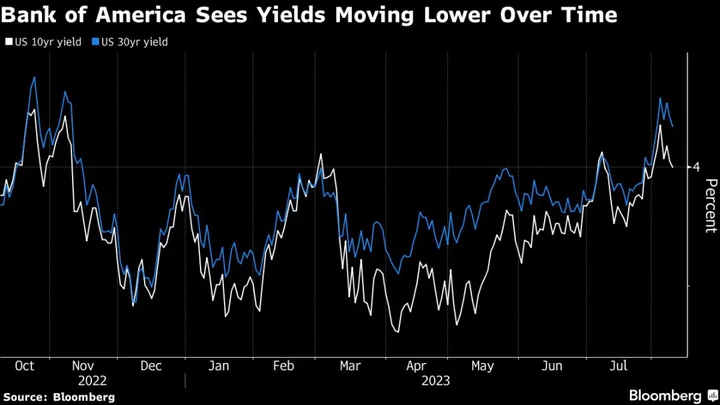Turkey boosted its fuel taxes by almost 200% on Sunday, a move that will magnify inflationary pressures and further strain household budgets.
The new special consumption taxes on different types of fuel — including gasoline and diesel — were published in the Official Gazette.
The increase will help meet financing needs stemming from the deadly February earthquakes and allow the Treasury Ministry to maintain strong cash reserves, according to a ministry statement. The earthquakes caused more than $100 billion in damages, the government estimates.
But the decision’s also expected to put inflation, currently at an annual 38%, on a higher trajectory when combined with a weakened lira and government plans to increase spending to fulfill election pledges.
A new bill seeks to offset some of the burden on the fiscal side by lifting corporate taxes and doubling the motor vehicle tax for the year. A swathe of tax hikes already has been introduced on a variety of consumer goods.
President Recep Tayyip Erdogan, who secured another five-year term in May’s vote, promised an interim minimum-wage hike and a bump to pensions. The lira has lost about a quarter of its value against the dollar since the elections.
Erdogan brought in new guardians to the economy after the vote in a bid to restore credibility. Former Wall Street bankers Mehmet Simsek and Hafize Gaye Erkan were appointed as finance minister and central bank governor, respectively.
Erdogan Backs New Economic Team But Won’t Change Rates View
An unconventional experiment that kept the benchmark interest-rate artificially low despite high inflation prior to the vote prompted inflation to spiral past 85% last year and depleted the country’s foreign currency reserves as policymakers sought to keep the lira stable.
The new economy duo promises price stability. The central bank raised its benchmark interest-rate for the first time in more than two years — to 15% from 8.5% — and it’s expected to continue what it describes as “a gradual” tightening cycle this month.

